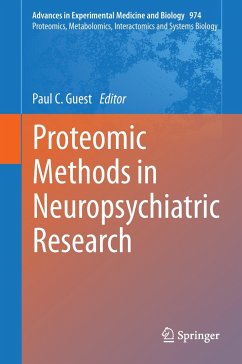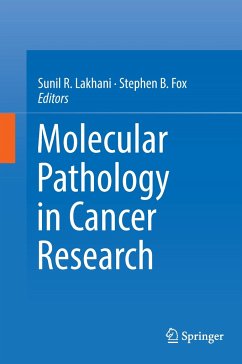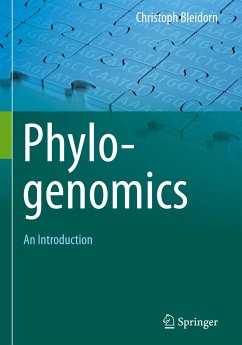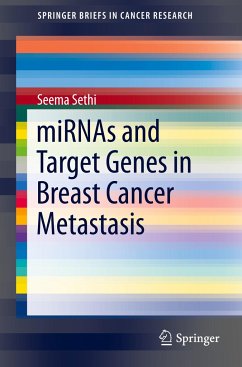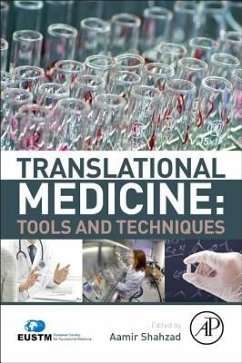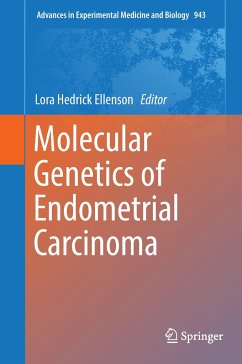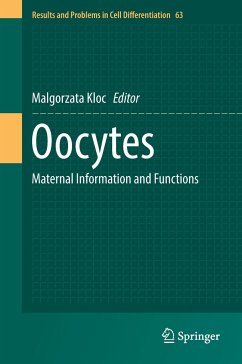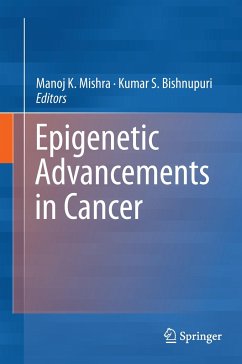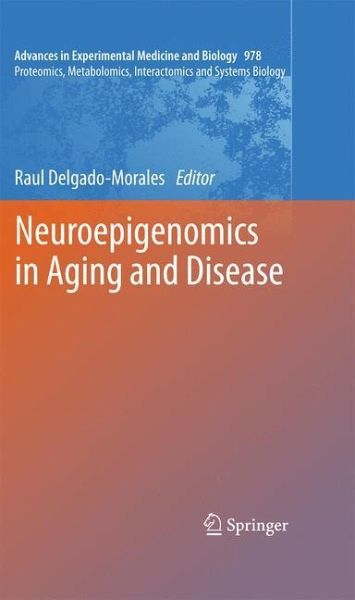
Neuroepigenomics in Aging and Disease

PAYBACK Punkte
87 °P sammeln!
Epigenetic mechanisms (DNA modifications, histone alterations and non-coding RNAs) are crucial for transcriptional regulation and alterations of the "physiological epigenome" are increasingly associated with human diseases. During the last decade the emerging field of neuroepigenomics have started to impact tremendously in areas such learning and memory, addiction or neurodegeneration. This expert volume covers the role of epigenetic molecular mechanism in regulation of central nervous system's function, one of the most exciting areas of contemporary molecular neuroscience. The book describes ...
Epigenetic mechanisms (DNA modifications, histone alterations and non-coding RNAs) are crucial for transcriptional regulation and alterations of the "physiological epigenome" are increasingly associated with human diseases. During the last decade the emerging field of neuroepigenomics have started to impact tremendously in areas such learning and memory, addiction or neurodegeneration. This expert volume covers the role of epigenetic molecular mechanism in regulation of central nervous system's function, one of the most exciting areas of contemporary molecular neuroscience. The book describes the current knowledge on the epigenetic basis of human disease covering the complete lifespan: from neurodevelopment/childhood (Rett Syndrome, Rubinstein-Taybi, autism), adolescence (eating disorders, drug addiction, anxiety), adulthood (depression, schizophrenia, amyotrophic lateral sclerosis, Huntington's disease) and elderly (Alzheimer's disease, Parkinson's disease).
The book also covers the three major players on neuroepigenomic mechanisms: histones alterations, DNA modifications and non-coding RNAs, their roles at the molecular and cellular level and the impact of their alterations on neuronal function and behavior. Finally, a special chapter on state-of-the-art technologies helps the reader not only to understand epigenetic driven changes in human cognition and diseases but also the methodology that will help to generate paradigm shifts on our understanding of brain function and the role of the neuroepigenome in human diseases.
The book also covers the three major players on neuroepigenomic mechanisms: histones alterations, DNA modifications and non-coding RNAs, their roles at the molecular and cellular level and the impact of their alterations on neuronal function and behavior. Finally, a special chapter on state-of-the-art technologies helps the reader not only to understand epigenetic driven changes in human cognition and diseases but also the methodology that will help to generate paradigm shifts on our understanding of brain function and the role of the neuroepigenome in human diseases.



